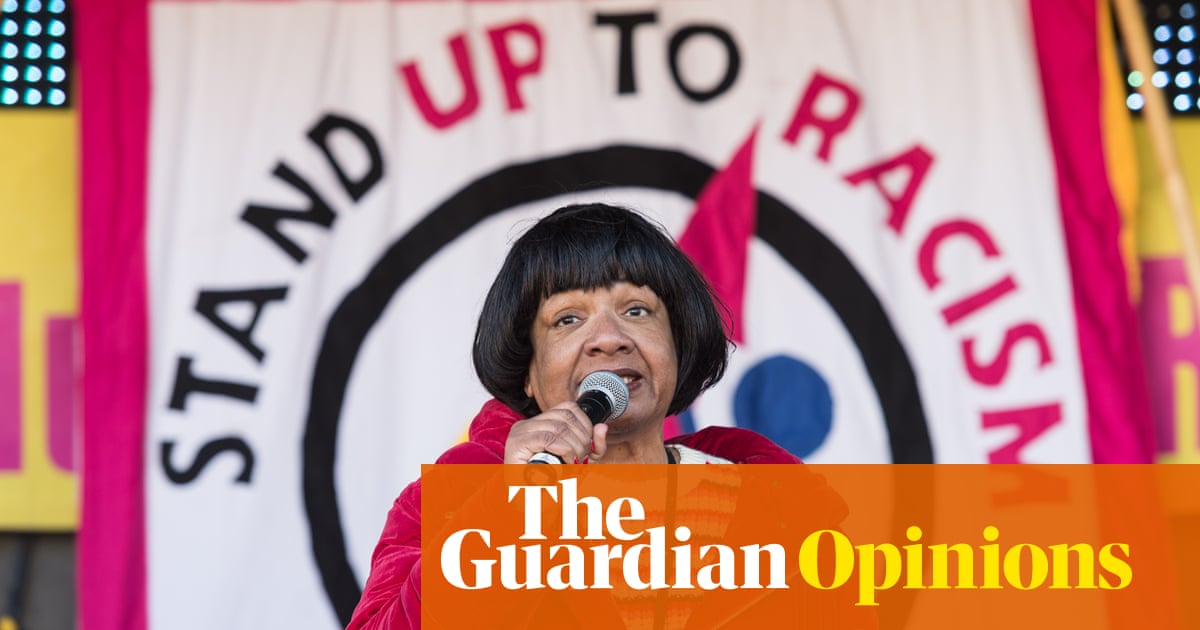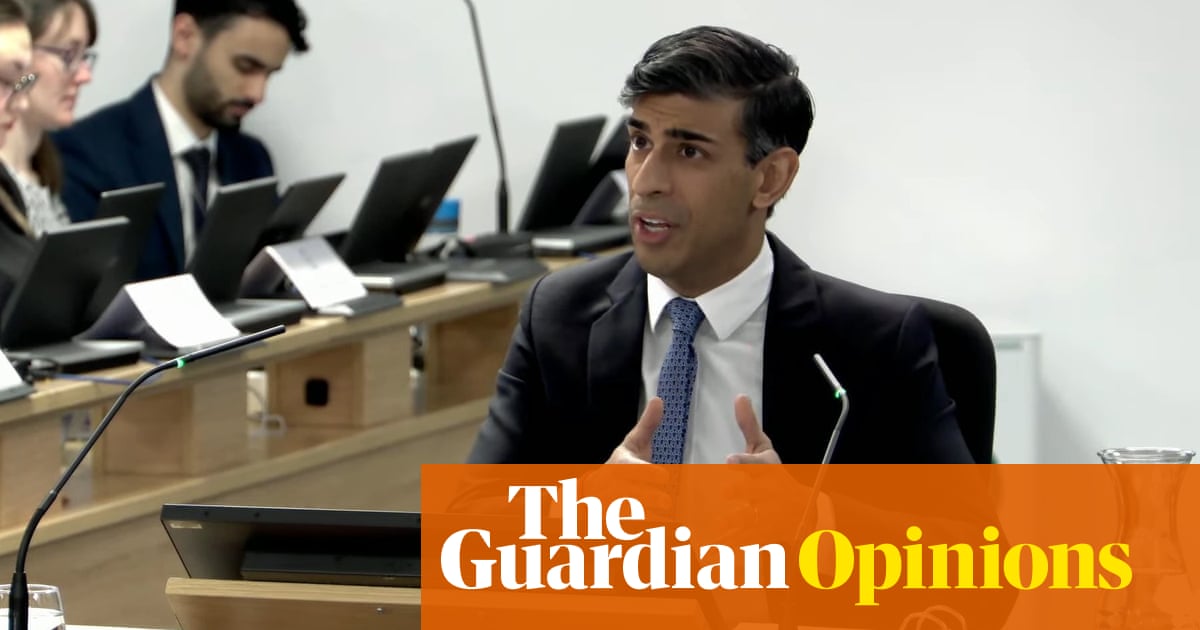
Why do companies from the Middle East feel the need for a listing on Western stock markets? Those who have rushed to Wall Street or the City of London over the years have invariably retreated with little to show for their efforts beyond a hefty bill for the expensive investment bankers they were forced to sign up to provide essential “advice.”
The question must be on the minds of senior executives at NMC Health, the UAE-based medical operator that has been one of the fastest-growing businesses in the Middle East over the past decade. Last week, NMC suffered a savage fall in its London-listed shares after a specialist “short seller” targeted the company with allegations that it was in effect cooking the books to flatter its financial performance.
NMC denies those allegations, but there is no sign so far that the shares will recover to their previous strong health. Since its London listing in 2012, NMC has been an outstanding performer, making many billions in paper profits for its founder, the Indian entrepreneur B. R. Shetty, and his Emirati backers.
That capital growth has been thrown into reverse by allegations from the aptly named Muddy Waters, an American financial firm that claims to “do the work that Wall Street won’t” in its efforts to get the truth about the corporates it targets.
Wherever the spat between NMC and Muddy Waters ends, there is one abiding lesson for Middle East companies: If you do not subject yourself to the harsh, often misunderstanding attention of Western financial centers, they have only limited scope to do you damage.
Another Shetty brainchild, the financial services group Finablr, has also suffered from the NMC fallout, for no apparent reason beyond the fact that it shares a founder and is primarily based in the Middle East. Yet another, Mediclinic International, is struggling to recover the heights it hit after its 2016 listing.
A clear pattern has emerged. A Middle East company achieves great success in its home market, and feels the need for international investor exposure in the glamorous markets of the West. A honeymoon period — in which the owners see a substantial increase in the value of their shares — gives way to skepticism and downright negativity by the same Western markets that once adored the shares.
This syndrome was established many years ago by UAE-based logistics firm Aramex. The creation of Jordanian entrepreneur Fadi Ghandour, Aramex decided to list shares on the Nasdaq market in New York in a blaze of publicity — the first and so-far only regional company to seek a US market quote.
A few years later, Ghandour had taken the company private again, later listing shares instead on the Dubai Financial Market after complaints that New York had failed to value Aramex properly and did not live up to the promises about liquidity and new investors.
Maybe the best example of Middle East disenchantment with Western markets came in the strange case of DP World. After much soul-searching, in 2011 the UAE ports operator decided London was the place for its shares, in addition to Nasdaq Dubai, where it had listed in 2007.
But the London experience lasted only four years, and by 2015 DP World had decided to quit UK markets and come back to Dubai, on similar complaints about poor trading volumes and inadequate valuation.
In light of these failures, the decision by Saudi Aramco to eschew a Western market — and not even market its shares in the great financial capitals of Europe and the US — in favor of a Tadawul-only listing was 100 percent correct.
If the shares had been quoted on Wall Street or the Square Mile, and subject to the attentions of the likes of Muddy Waters, it is unlikely that they would have hit the $2 trillion valuation in the recent, hugely successful Riyadh initial public offering. It remains to be seen whether Aramco will chance its luck on an Asian market instead.
The lesson for aspirational Middle East corporates is clear: Do not be seduced by the razzmatazz of a bell-ringing ceremony in London or New York. The bells of Dubai and Riyadh are perfectly adequate for your purposes, and will continue ringing
long after opening day.
• Frank Kane is an award-winning business journalist based in Dubai.
Disclaimer: Views expressed by writers in this section are their own and do not necessarily reflect Arab News" point-of-view












